
Table of Contents
Eggs are exceptionally tasty superfoods. A medium-sized egg has about 0.56g of carbohydrates, and 78 calories, but is loaded with 6.29g of protein, nutrients like choline(147mg), important vitamins like A(260IU), and D(44IU), plus several essential elements like Calcium(25mg ) and Potassium(63mg).
Previously there was a misconception that associated egg consumption with the risk of heart disease and stroke but recent studies, published in the American Journal of Clinical Nutrition(AJCN) and the British Nutrition Foundation (BNF), have debunked that myth.1 According to the Washington Post, the US government is backtracking its previously held position on this concerning these research findings.
So unless you are allergic to egg protein, as covered in another article you may want to read, enjoy eggs in your breakfasts and other meals.
In this article, we’ll take a look at the nutritional value of eggs, how many eggs you should take, and their health benefits to consumers.
The nutrition composition of eggs and 7 ways they impact your health.
Eggs contain most of the daily nutrients you need in the right proportions. Below is a table of the compositions of a medium-sized (50g) boiled egg and also a 100g egg, according to Pubmed Central (PMC).2
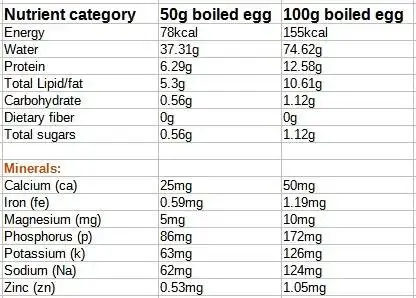
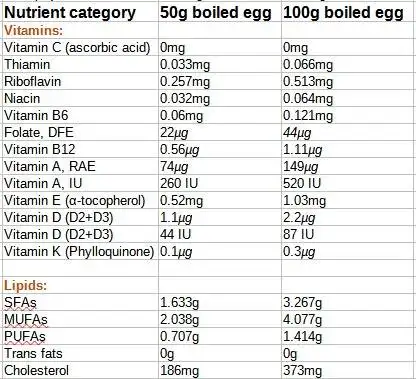
1. Protein: An egg has all of the nine essential amino acids(building blocks of proteins) your body needs for the building and repair of soft tissues like muscles and boosting your body’s immunity.
People often think all the protein in an egg is in the egg white but in reality, the egg yolk contains nearly 40% of the entire protein apart from a lot of other nutrients. So, technically the yolk is the most nutritious and tastier part.
2. Vitamins: Eggs are rich in vitamins that help fight diseases and maintenance of optimal brain and neural function.
3. Minerals: They contain lots of macro-minerals and trace elements such as calcium, potassium, magnesium, and zinc, needed for many biological, physiological, and structural processes in the body.
4. Fatty acids: This includes Omega-3 fatty acids. A medium-sized egg of 50g has about 5.3g of fats most of which are unsaturated. These are considered to be the best type you can wish for in a meal. If you don’t eat fish, eggs present you with a good source of omega-3 fatty acids.
5. Cholesterol: Eggs supply a good deal of good cholesterols or high-density lipoproteins(HDL) needed by your body. It was previously believed eggs also put you in danger of heart disease and stroke due to the presence of low-density lipoproteins(LDL) in them.
However, a recent study published in the Journal of the American Society for Nutrition has disproved that. Two medium-sized eggs could give you the recommended daily intake of cholesterol.
If you have any of the genetic disorders like ApoE4 or hypercholesterolemia it could be wise to avoid or limit egg consumption Share on X
6. Choline: It’s a nutrient that works best when derived from foods like eggs, meat, and fish rather than as supplements. It’s in the class of B vitamins and important for brain functions like memory, and muscle control including the prevention of fatty liver, and dementia among others. It also assists in the building of cell membranes.
An egg could contain up to 147mg of choline. A figure that covers up to 27% of your recommended daily value.
7. Lutein and Zeaxanthin: These are anti-oxidants that build up in the retina and play a great part in the health of your eyes. They prevent an age-related drop in the strength of your vision and fight against macular degeneration according to the Journal of Clinical Nutrition.3 They can also prevent defects like cataracts and some types of cancer affecting the breast or cervix.
11 nutritional benefits of eating duck or chicken eggs.
1. Brain health: Omega-3 fatty acids and choline play a huge role in the health of your brain and the prevention of the onset of diseases like dementia.
2. Pregnancy: Folate and choline are very important nutrients in the development of a fetus and the prevention of birth defects.
3. Vision: They contain a kind of carotenoid called Xanthophyll. Two Xanthophyll compounds found in eggs are Lutein and Zeaxanthin. The two compounds are important for good vision and the prevention of defects like cataracts.
4. Healthy bones: They are not just rich in calcium but also a great source of vitamin D which enhances calcium absorption for the building and maintenance of strong bones.
5. Muscle strength: Eggs help in building strong and effective muscles by supplying all the types of proteins your body needs, according to the American Society for Nutrition (ASN).
6. Blood pressure management: Eggs are rich in potassium which helps in the vasodilation of blood vessels. This subsequently could result in reduced blood pressure in hypertensives.
7. Immunity: Proteins and vitamins found in eggs, apart from a host of other nutrients are immune boosters.
8. Reduced risk of heart disease: They increase the levels of high-density cholesterol in your body. This has been linked to a reduction in the risk of developing heart disease. Omega-3 fatty acids also reduce the blood levels of triglycerides which is a risk factor for developing the disease.
9. Weight loss: Eggs make you feel full thereby preventing you from eating more calories. For this reason, they can be very helpful in managing weight since they are low in calories.
10. Healthy Skin: The various nutritious composition of eggs like vitamins and minerals generally improve the overall health of your skin.
11. Increase in good cholesterol: By increasing the good cholesterol in your body, eggs help towards the prevention of quite a couple of diseases including those of the heart and stroke. 2 eggs daily for 6 weeks is believed to increase the good cholesterol by 10%.
Nutrition value of Quail eggs.

These are the eggs of small, ground-nesting birds called quails. The eggs are small and weigh about 9g compared to the average chicken egg which weighs 50g. However, they are believed to be a couple of times more nutritious than chicken eggs and have also been used for medicinal purposes as well.
Here are 9 reasons you should eat quail eggs:
- Vision improvement
- Their rich iron content could reduce the risk of anemia.
- Their potassium content could help in the regulation of blood pressure.
- Studies have shown it could be useful in diabetics for their reduction of blood glucose.
- They are hypoallergenic and studies have shown they can be useful in the management of allergic reactions like allergic rhinitis. This is owing to the presence of the enzyme, Ovomucoid, in the eggs.
- They are believed to have hepatoprotective properties that reduce the risk of damage to liver cells.
- They are used for the treatment of sexual disorders.
- They are used in the treatment of stomach ulcers but this hasn’t been proven by research.
- The eggs, just like other eggs, are immune boosters and promote bone and brain health.
Nutrition value of Duck eggs.

Unlike quail eggs which weigh 9g on average, Duck eggs are considerably larger than chicken eggs. They have an average weight of about 70g. The combined size of four chicken eggs roughly equals the size of three Duck eggs. This should be a guide when using them interchangeably in cooking.
Duck eggs have a richer and creamier taste as they contain less water and more fat than chicken eggs. This makes them preferable for cream and custard fillings Share on XThough the level of certain nutrients present in chicken eggs is less than we have in Duck eggs, the type of nutrients contained in both eggs are very much the same. This also means they have roughly equal health benefits. For these reasons, there will be no need to list the benefits of Duck eggs separately in this article.
Scrambled eggs.
This is not a type of egg, like the quail and duck eggs, but a way of preparation. Over 30% of eggs consumed are prepared as scrambled eggs. You would expect all the nutrients expected in an egg from scrambled eggs and more, depending on the added ingredients or recipe.
Where you have fresh onions, herbs, butter, and cheese you do expect the vitamins and minerals from these ingredients in addition to those already present in the eggs.
However, common recipes include:
Whole milk.
Cheese.
Salt,
pepper.
Cooking oil or butter,
Eggs.

Nutritional or medicinal value of eggshells.
Eggshells are the hard but very brittle outer covering of eggs. It is made up of a good deal of calcium carbonate and is used as a reliable natural source of calcium. Half an eggshell could account for an adult’s daily requirement of calcium and that’s noteworthy.

It also contains some amount of proteins and minerals which are believed to be responsible for a higher absorption rate of calcium when the eggshell powder is consumed than from a pure form of calcium carbonate. Apart from calcium, these other minerals are believed to contribute to bone health.
In other words, eggshells may be a better source of calcium than calcium medications. Once upon a time, a woman narrated how she used ground eggshells to treat her son’s bone condition after prescribed medications purportedly disappointed her. She had them ground into powder to be mixed with his food.
When I feed my dog eggs, I don’t remove the shells and she is used to eating them whole with the shells. However, as humans, you’ll need to grind the shells to take them.
How much egg is healthy for you?
Eggs have been described as functional foods. These are foods whose health benefits go beyond their nutrient composition. The world is concerned with how to boost its production to cater to an ever-growing global population as discussed in a review update.4
Though there is no recommended limit on daily egg consumption, for people with certain genetic mutations with regards to ApoE4 or hypercholesterolemia, avoiding or limiting egg consumption is advised.

Generally, depending on what other foods you eat, taking 1 to 2 eggs daily should be optimal for most people except you are a known diabetic.
Taking 4 to 5 eggs weekly is also a healthy choice though there are no risks associated with taking more eggs for people without any underlying medical condition like certain genetic mutations as mentioned earlier. Two other determining factors on how much eggs you should take daily are your daily protein requirement or need and feeding habits.
Your daily protein need will depend on factors like your age, gender, body size or musculature, and activity as covered in a previous article you may want to read. The higher your daily need for protein, the more eggs you may want to consume to meet that need.
If you are a vegetarian who doesn’t abstain from eggs, you may want to eat more eggs to meet your daily protein needs as covered in another article you may want to read.
I hope this article was helpful. You may also be interested in how to buy affordable health insurance to ensure you get the right medical treatment when you need it.
References.
- Gray, J., & Griffin, B. (2009). Eggs and dietary cholesterol – dispelling the myth. Nutrition Bulletin, 34(1), 66-70. https://doi.org/10.1111/j.1467-3010.2008.01735.x ↩︎
- Kuang H, Yang F, Zhang Y, Wang T, Chen G. The Impact of Egg Nutrient Composition and Its Consumption on Cholesterol Homeostasis. Cholesterol. 2018 Aug 23;2018:6303810. doi: 10.1155/2018/6303810. PMID: 30210871; PMCID: PMC6126094. ↩︎
- Gopinath, B., Liew, G., Tang, D., Burlutsky, G., Flood, V. M., & Mitchell, P. (2020). Consumption of eggs and the 15-year incidence of age-related macular degeneration. Clinical Nutrition, 39(2), 580-584. https://doi.org/10.1016/j.clnu.2019.03.009 ↩︎
- Khalid Zaheer. (2015). An Updated Review on Chicken Eggs: Production, Consumption, Management Aspects and Nutritional Benefits to Human Health. Vol.06 No.13, Article ID:60343,12 pages
10.4236/fns.2015.613127.https://www.scirp.org/html/4-2701681_60343.htm ↩︎



























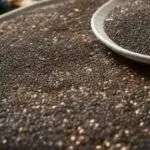
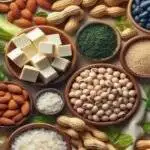
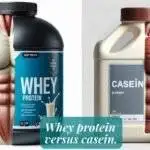
















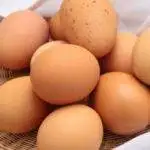
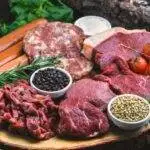






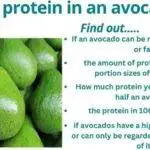
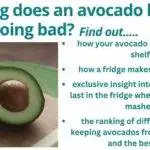
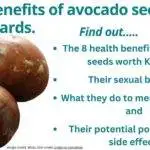


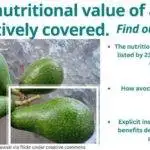
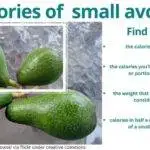
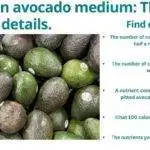
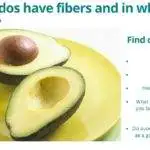


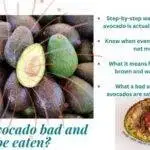




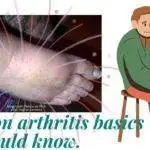
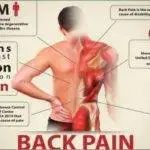
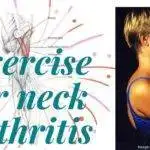

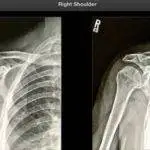



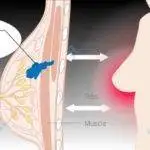
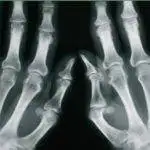
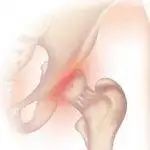



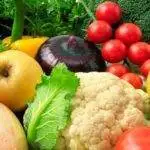




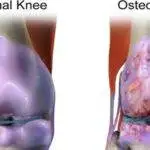
















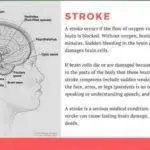
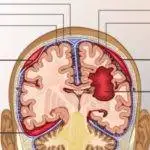
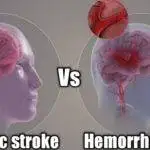
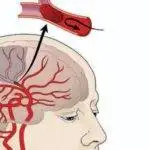


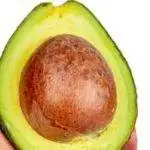











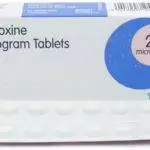


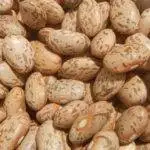

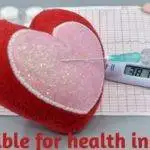







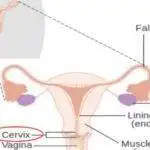


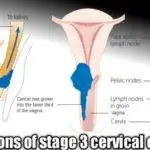

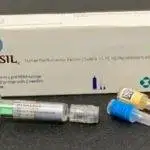


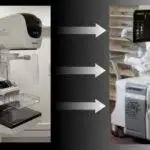

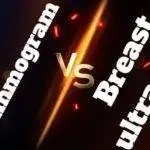
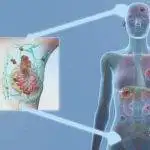


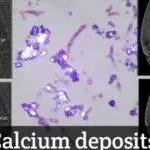
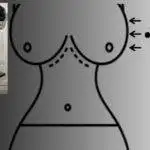
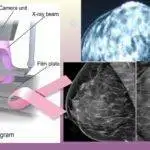




Magnificent web site. Lots of useful info here. I’m sending it to a few friends and also sharing. thanks for your sweat!
Your blog posts are good quality so I will add you to my everyday bloglist. You deserve it my friend 🙂
Good job but could you please lengthen subsequent posts a little? Thank you for the post.